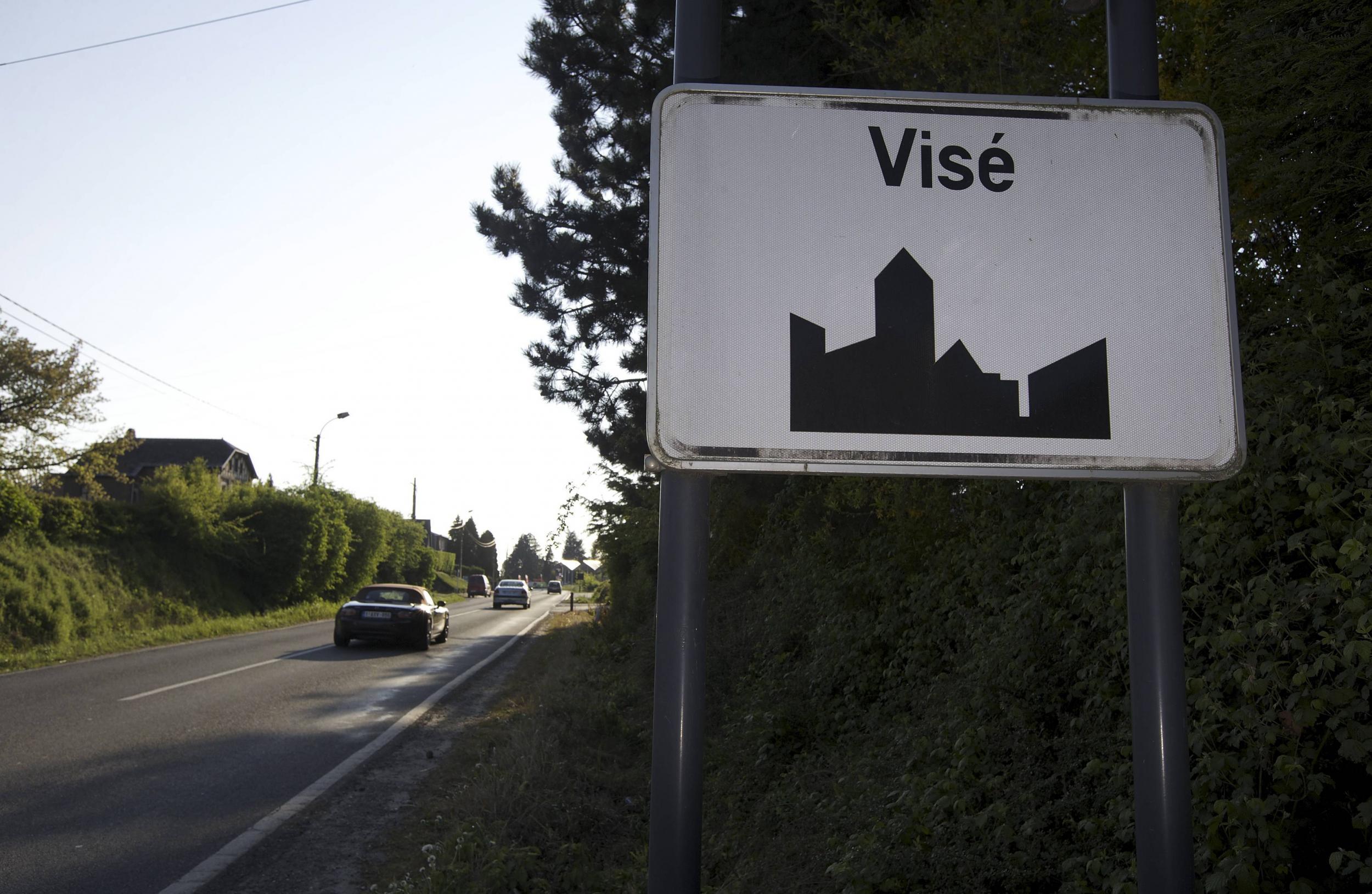Belgium and the Netherlands swap land to change their national borders
The change was prompted after a headless body was found in the area

The Netherlands and Belgium have peacefully adjusted their national borders by swapping a large tract of land, in a bid to resolve a police jurisdiction nightmare at the frontier.
The area affected, which is the size of 27 football fields, sits of east of the Belgian city of Vise and west of the Dutch village of Eijsden and on the river Meuse.
As of 2018 the countries’ border now goes down the centre of the river Meuse, with the Netherlands taking control of just over 40 acres of new land, while Belgium adopts around 8 new acres.
The change was made after a peninsula on the river gained a reputation for lawlessness because of the geographical difficulties policing it from the Belgian side, which on paper controlled it.
Four years ago a headless body as found on the peninsula, and Dutch authorities were unable to legally investigate the crime as it was in Belgium. The Belgian police meanwhile had difficulty reaching the site, and had to approach it by boat.
The countries’ border once previously ran down the Meuse, but the river’s course has shifted over time, leaving land on either bank of it in the neighbouring country.
While the Dutch will now have to take on policing responsibilities for the peninsula, in compensation they will gain attractive countryside and nature reserves.
“The agreement shows that borders can also be exchanged peacefully,” Belgium’s foreign minister Didier Reynders said in 2016, after striking the deal.
The Dutch and Belgian border is less rational in other areas, however. The village of Baarle-Hertog, north east of Antwerp, straddles the Dutch and Belgian border and has a number of Dutch enclaves contained inside Belgian enclaves inside the Netherlands.
The double-enclave border situation is so messy in the area that some businesses in the town are split down the middle, with the un-policed border marked in tiles.
Both countries’ membership of the EU’s Schengen agreement means that no passport checks are required across the border, however – and in practice the situation is mostly a tourist curiosity.
Join our commenting forum
Join thought-provoking conversations, follow other Independent readers and see their replies
Comments
Bookmark popover
Removed from bookmarks